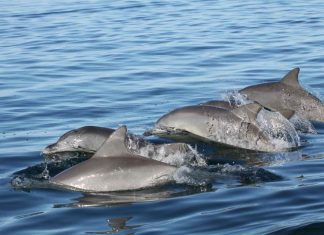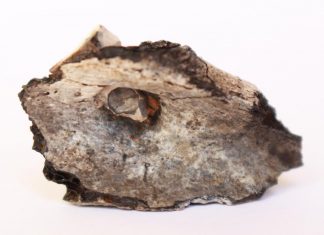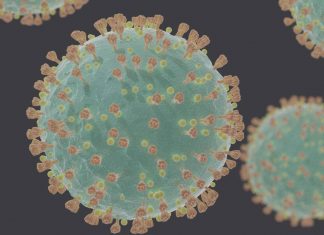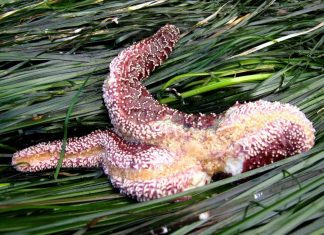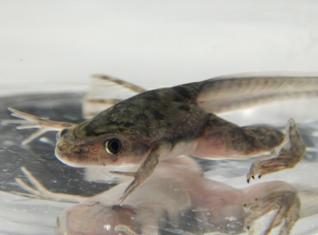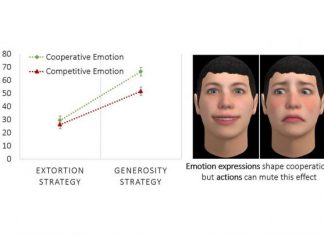Study: Mozart may reduce seizure frequency in people with epilepsy
The results of the research study, "The Rhyme and Rhythm of Music in Epilepsy," was recently published in the international journal Epilepsia Open. It looks at the effects of the Mozart melody, "Sonata for...
Study: Young dolphins pick their friends wisely
Strategic networking is key to career success, and not just for humans. A new study of wild bottlenose dolphins reveals that in early life, dolphins devote more time to building connections that could give...
Study: World population likely to shrink after mid-century
Improvements in access to modern contraception and the education of girls and women are generating widespread, sustained declines in fertility, and world population will likely peak in 2064 at around 9.7 billion, and then...
Study: Anemic star cluster breaks metal-poor record
In a surprising discovery, astronomers using two Maunakea Observatories -- W. M. Keck Observatory and Canada-France-Hawaii Telescope (CFHT) -- have found a globular star cluster in the Andromeda Galaxy that contains a record-breaking low...
Study: Cremation in the Middle-East dates as far back as 7,000 B.C.
The gender of the human remains found inside a cremation pyre pit in Beisamoun, Israel remains unknown. What is known is that the individual was a young adult injured by a flint projectile several...
Study: What Can We Learn From Covid-19 to Help With Climate Change?
Today, the Covid-19 pandemic is all anyone can talk about. Societies around the world are coming to a standstill, and concern for most matters other than the coronavirus have been pushed aside. But as...
Study: A rising tide of marine disease? How parasites respond to a warming world
Warming events are increasing in magnitude and severity, threatening many ecosystems worldwide. As the global temperatures continue to climb, it also raises uncertainties as to the relationship, prevalence, and spread of parasites and disease.
A...
Study: Wool-like material can remember and change shape
As anyone who has ever straightened their hair knows, water is the enemy. Hair painstakingly straightened by heat will bounce back into curls the minute it touches water. Why? Because hair has shape memory....
Researchers discover new genetic disease that delays brain development in children
Scientists have discovered a new genetic disease, which causes some children's brains to develop abnormally, resulting in delayed intellectual development and often early onset cataracts.
The majority of patients with the condition, which is so...
Study: Future autonomous machines may build trust through emotion
Army research has extended the state-of-the-art in autonomy by providing a more complete picture of how actions and nonverbal signals contribute to promoting cooperation. Researchers suggested guidelines for designing autonomous machines such as robots,...


